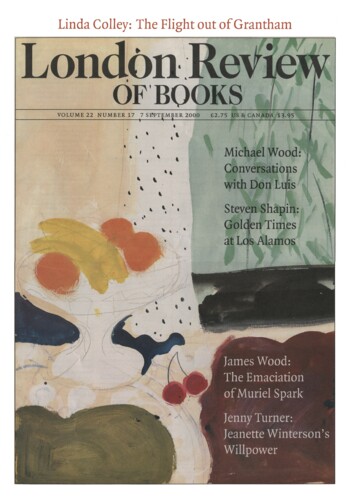Great Palladium: treason
James Epstein, 7 September 2000
According to the English statute of treasons drawn up in 1351, it was an offence to ‘compass or imagine the death of our lord the king’. The meaning of these strange words was already archaic in the early 1790s when William Pitt’s Government brought an array of British radical reformers to trial for high treason. The words ‘compass’ and ‘imagine’ had entered the English language from law French, and were usually glossed as meaning ‘design’ or ‘intend’. The 1794 treason trials turned on the interpretation of this obscure language: defining the meaning of ‘compass’ and ‘imagine’, and determining what ‘overt’ acts might constitute evidence of treasonable design assumed life-and-death importance – the punishment for high treason was to be hanged, drawn and quartered. While other treason laws had come and gone, the 1351 statute remained the sole law defining high treason in England, and since the Act of Union it had also been the law in Scotland. The statute was generally agreed to be ‘declaratory’: that is to say, it was intended not to enact but to state what the law was, to fix its meaning. Yet the treason trials of 1794 demonstrate how illusory the desire to fix judicial meaning, to free law from its moment, can be.’‘

